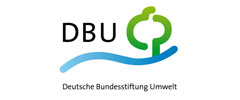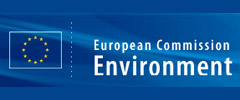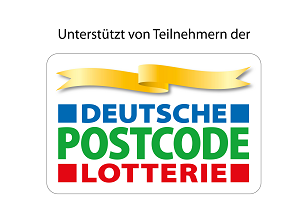WECF Press release: DG Environment denies having exaggerated environmental health risks in the past
In response to an article in ENDS Europe Daily
30.11.2006 |Irma Thijssen

DG Environment denies having exaggerated environmental health risks in the past
In response to an article in ENDS Europe Daily, 22/11/06, a representative of DG Environment expressed there was a misinterpretation of words, “It’s very sad. It gives a completely wrong picture and wrong conclusions. We still recognize the multi-causality of health effects and our review is completely in line with SCALE.”
This was said at a Roundtable event on the link between environmental health and the Lisbon strategy, “Clean, clever and competitive from a citizen’s perspective”, organised by Women in Europe for a Common Future on November 27th in Brussels. According to Women in Europe, the increasing environmental burden of disease is undermining goals of the Lisbon agenda.
New science presented at this meeting shows that modern diseases like allergies, asthma, cancers, and even obesity amongst others, are linked to exposure to environmental pollutants. This means they are more preventable than originally thought. Current risk assessment methods, based on conventional epidemiology and toxicology, dramatically underestimate the environmental links with such diseases.
Dr John Peterson Myers, CEO of Environmental Health Sciences, USA, described a revolution in science. Four key discoveries map this revolution: Some contaminants alter gene behaviour at extremely low doses; adult diseases can be programmed during development; high dose experiments don’t predict low dose effects; and mixtures of substance are unpredictable. “But the good news is that these new insights offer incredible opportunities to reduce the burden of disease and related costs for society and economy,” he said.
Decision makers and politicians have been blindsided by this new science. “Public health standards are in the scientific Jurassic,” says Dr. Myers.
The Roundtable participants recognized that REACH is a step forward in legislation. However, the scientists say its core is based on the conventional, flawed risk assessment.
Professor Philippe Grandjean, University of Southern Denmark and Harvard University, has explained how many chemicals have neurotoxic properties. “We have identified 201 industrial chemicals that affect foetal brain development at low doses, and these are not exotic substances; most are commonly used. This is just the tip of the iceberg. We have only one chance to develop a brain.” Referencing Barry Johnson (1997), Grandjean says: “Is the foetus the minors canary?”
Grandjean warns of a ‘chemical braindrain’. “We are losing IQ points in our population and REACH doesn’t test substances on neurodevelopment toxicity.” This contradicts Europe’s aims to become the most competitive, knowledge-based society.
David Gee of the European Environment Agency: “The new scientific insights are evolving, but we are enacting a law for the next 25 years (REACH) which does not reflect this. We need flexibility in our regulations.”
Sascha Gabizon, International Director of Women in Europe: “Humanity has become the guinea pig of chemistry. With hundreds of thousands of chemicals on the market it is impossible for citizens to make safe choices. Therefore, we must have protective legislation that integrates new scientific insights, especially concerning effects on foetal development. We shouldn’t gamble with the health of our children.”
Mary McPhail, Secretary General of the European Women’s Lobby and chair of the Roundtable: “We have heard compelling evidence and scientific analysis calling for a new paradigm shift to risk assessment, the politicians are ultimately responsible for making the necessary changes.”
Contact persons:
Sascha Gabizon International director *49-89 20232390 - mobile: +49 172 17286378563
Irma Thijssen (WECF office NL ) +31 30 2310300
Marie Kranendonk president wecf + 31 418 684450 (mobile) +31 6 53556941
wecf@wecf.org


































